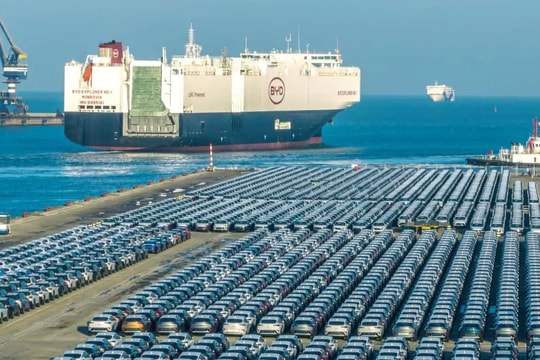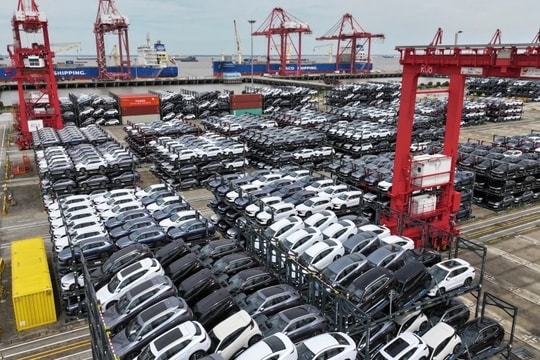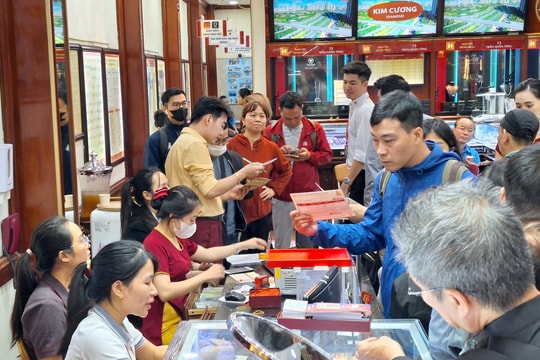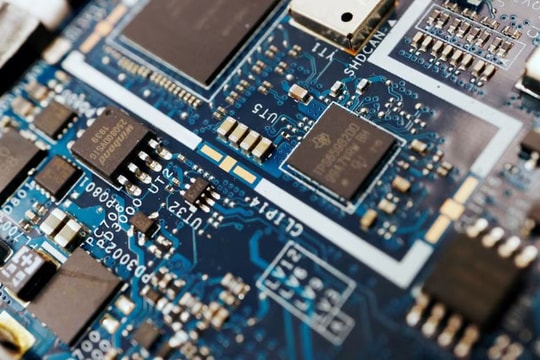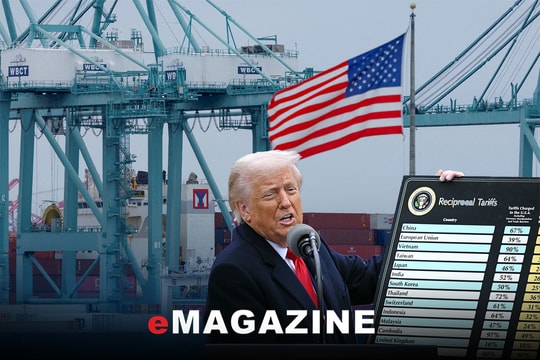Scarcity of cars for sale during Tet - "unusual"!
Don't even talk about cheap cars when import tax is 0%, even the desire of consumers to buy a car for Tet is almost impossible when dealers have no cars for sale.
Car scarcity
Mr. Pham Thanh Tung (Hai Chau District, Da Nang) said he had test-driven several Ford, Toyota and Mazda models at several car dealerships in the city, and finally chose the Altis more than a month and a half ago. “Most dealerships said they might have the car after Tet, but some dealerships told us to wait until closer to Tet to see how things go. On the morning of January 28, the dealership on Dien Bien Phu Street officially said they couldn’t get the car in time. I also agreed to pay a few tens of millions more to get the car in time, but they said no,” said Mr. Tung.
Mr. Ngo Thanh, owner of a car dealership on Cong Hoa Street (Tan Binh District, Ho Chi Minh City), shook his head in frustration: "Now, having products to sell is important, the purchase price is no longer an issue. Just this morning, a couple came to ask for an additional 50 million VND to get the car before the 20th of the lunar month, but we had to accept it. The shortage of goods happens to most car models that are popular and favored by consumers, not luxury or used cars."
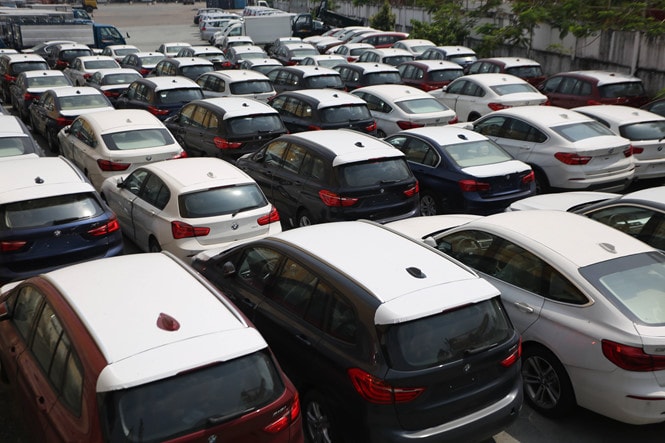 |
| A series of new regulations make it difficult for consumers to get a car before Tet. |
Mr. Tung expressed regret that he had planned to buy a car since last summer, but kept hesitating because he thought that in 2018, cars imported from ASEAN will have a 0% tax rate, the price will decrease significantly. For example, the Corolla Altis that the dealer sold to him in July 2017 for 740 million VND, now up to 800 million VND, but he still can't buy it.
“The plan to wait to buy a cheap car this year is ruined. Now, even if I want to buy a car before Tet, I won’t be able to. The reason for the shortage is Decree 116 with many unreasonable regulations that are disadvantageous to both businesses and consumers,” said Mr. Tung.
Also in January, two major Japanese car manufacturers, Honda and Toyota, announced they would stop importing cars into the Vietnamese market because they could not meet some new regulations from Vietnam.
Domestically assembled cars are also not available in time to sell. Also in January, some domestic car assemblers also issued notices to dealers to temporarily stop accepting orders. Thaco informed dealers to stop trading with two popular car models, the Mazda CX-5 and Kia Cerato. Honda's domestically assembled City line also posted a sign saying it would stop accepting orders this month.
“The unusual”
Economist Ngo Tri Long said this is an unusual phenomenon that comes from policy, not from the market. “Decree 116’s initial message was to protect consumers and the domestic auto industry. But at this point, it can be said that it is having the opposite effect. We are faking competitiveness in the market, and even if we are not careful, we are “contributing” to the regression of the auto industry that many businesses and consumers are enthusiastically welcoming.”
Mr. Long warned and analyzed that we must protect domestic production, but when domestically assembled goods are not available in time for sale, regulations on imported cars prevent us from taking advantage of trade agreements signed with ASEAN. Thus, manufacturers and businesses bring cars to other countries to sell, people in the region benefit but not Vietnamese consumers.
"All the problems arising from Decree 116 related to regulations requiring certificates of origin from the home country, regulations on inspection of each shipment... are making it difficult for businesses. The guiding circular needs to adjust or detail this issue. The purpose is not to protect importers but to make market competition more equal," said Mr. Long.

